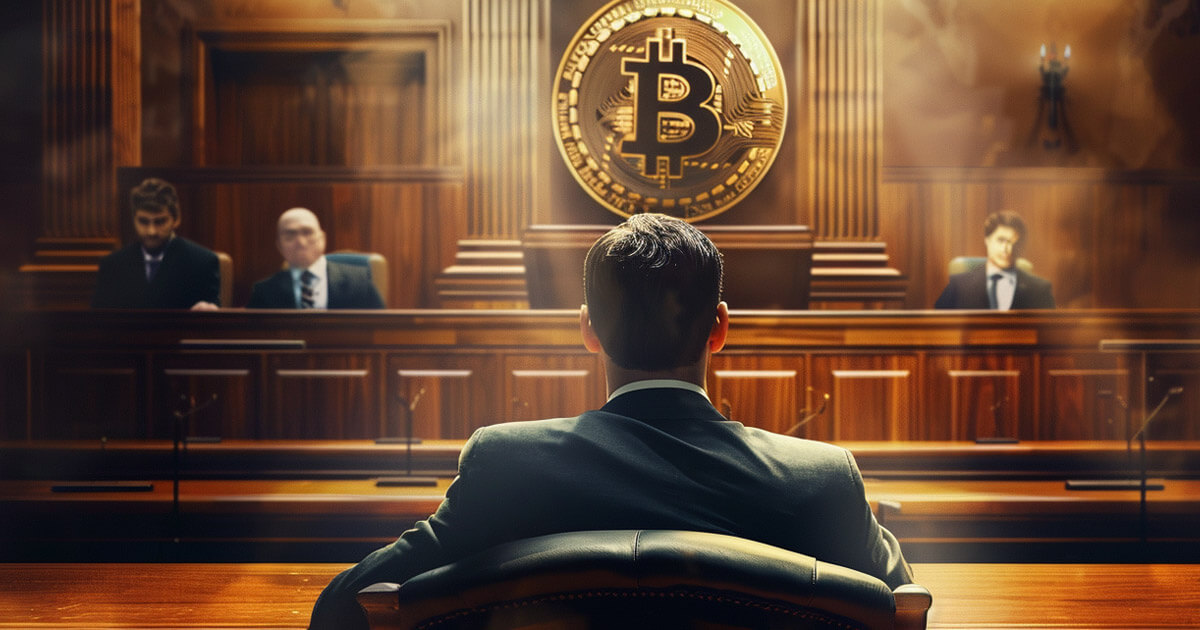Craig Wright’s assets of £1.5 million are frozen in the High Court over libel allegations

The UK High Court has granted Peter McCormack a Worldwide Freezing Order (WFO) against Craig Wright. This decision by Judge Mellor followed a series of legal disputes between the two parties, mainly revolving around Wright’s libel claim against McCormack.
The WFO awarded to McCormack is intended to prevent Wright from squandering his assets to avoid the significant legal costs incurred by McCormack in defending the libel claim. The order is for a sum of £1.548 million, which covers the costs already awarded to McCormack, as well as additional expenses related to Wright’s fraudulent conduct during the libel proceedings.
The defamation charge was based on McCormack’s social media posts and a YouTube video in which he accused Wright of fraudulently impersonating Satoshi Nakamoto, the inventor of Bitcoin. In an earlier ruling, the court found that Wright had deliberately provided false evidence and awarded him only symbolic damages of £1, while acknowledging that McCormack’s statements had seriously damaged Wright’s reputation. The ruling was upheld by the Court of Appeal, which cited Wright’s dishonest conduct during the litigation as a key factor in its decision to award only minimal damages.
Judge Mellor’s decision to grant the WFO was influenced by several factors, including Wright’s history of default and the risk of asset dissipation. The court noted that Wright had previously transferred shares in his company to an offshore company shortly after a judgment was entered against him, raising doubts about his intention to evade financial obligations.
This WFO is part of a broader series of legal disputes involving Wright, who has asserted his claim to be Satoshi Nakamoto in several lawsuits. In another recent case, the Crypto Open Patent Alliance (COPA) successfully won its case against Wright after the court found overwhelming evidence that he is not the inventor of Bitcoin and had falsified documents to support his claim.
The Supreme Court’s ruling underscores the serious consequences of Wright’s fraudulent conduct and the legal mechanisms available to protect parties in such cases from the risk of asset wastage.



